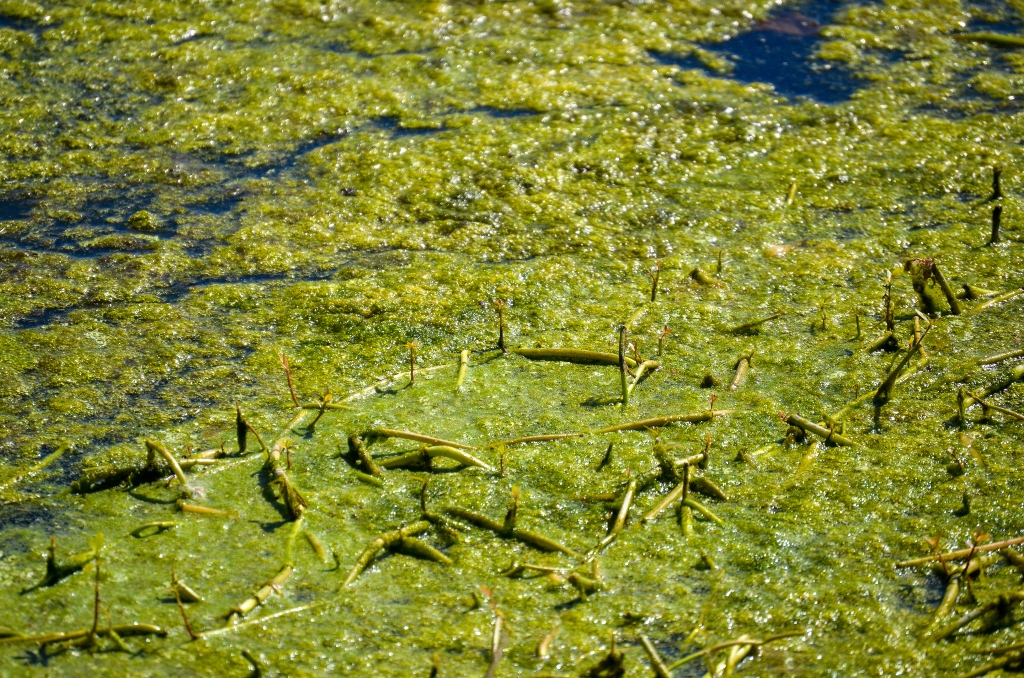Cyanobacteria, blue-green algae. Photo: kelseyny/Shutterstock.com
Let’s take a moment to get away from Coronavirus news and inform ourselves of what is going on with legislation, law and regulations in the state of Florida.
The Florida Legislature is trying to combat a menace to our environment and to Florida residents that many may not know can affect us: blue-green algae. There were plenty of occurrences of red tide last year that seem to come out of nowhere and spread like wildfire throughout oceans. It has killed the local wildlife and even presented breathing problems in some humans.
The blue-green algae blooms have hurt tourism and wildlife here for us in Florida, believe it or not.
The House voted unanimously on Wednesday (March 11) to send a bill to Florida Governor Ron DeSantis that seeks to reduce nutrients flowing into the state’s waterways and groundwater. The bill is a top priority to Governor DeSantis and includes recommendations from a task force formed to address the algae contamination problem that has plagued the state in recent years.
Septic tanks, wastewater treatments, stormwater runoff, farm fertilizers and more were all addressed in the bill.
“This bill actually advances water quality in Florida in a real substantive way. I mean, I think I’m going to cry, I’m so excited,” said Democratic Rep. Margaret Good before the House unanimously approved the bill. “Clean water and water quality are so important to Florida.”
In a state where water resources are a huge tourist attraction, algae blooms in Florida rivers and waterways have killed fish, irritated eyes and have caused water-related activities such as fishing, swimming and boating to be stalled or cancelled altogether.
The bill seeks to better regulate onsite sewage treatment, upgrade leaky utility water lines and better manage farm fertilizers that wash into state waterways. It also directs the Department of Environmental Protection to work with the University of Florida to recommend better management rules to prevent fertilizers from flowing from golf courses.
“This is going to be a piece of legislation that we’re going to talk about decades from now as the starting point where we shifted gears and proved to people that we, as a state, are prepared to take on these big environmental issues,” said Republican Rep. Blaise Ingoglia. “Make no mistake about it, this is a historic piece of legislation.”
The Senate unanimously passed the bill last week.
Melissa’s career in writing started more than 20 years ago. Today, she lives in South Florida with her husband and two boys.

